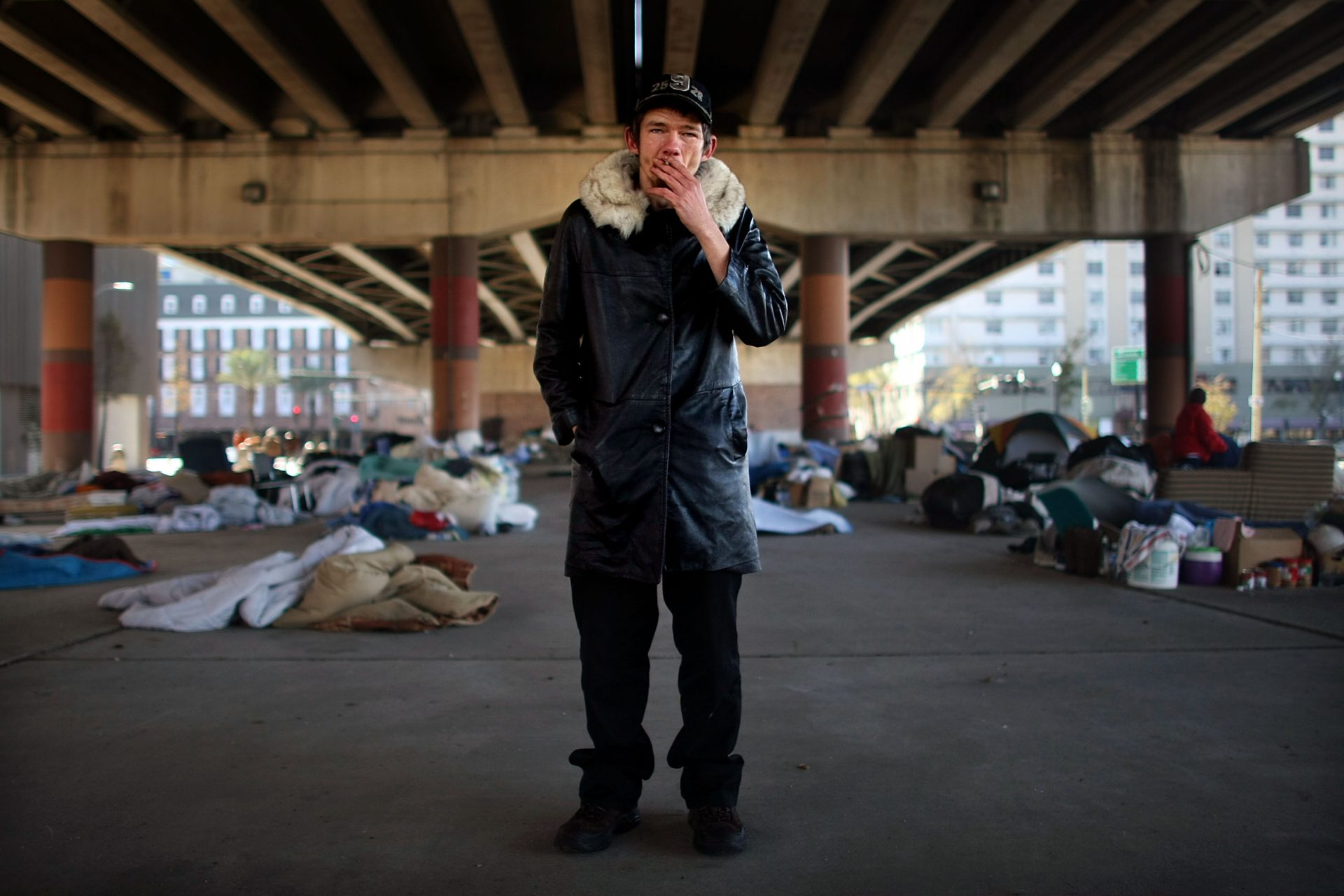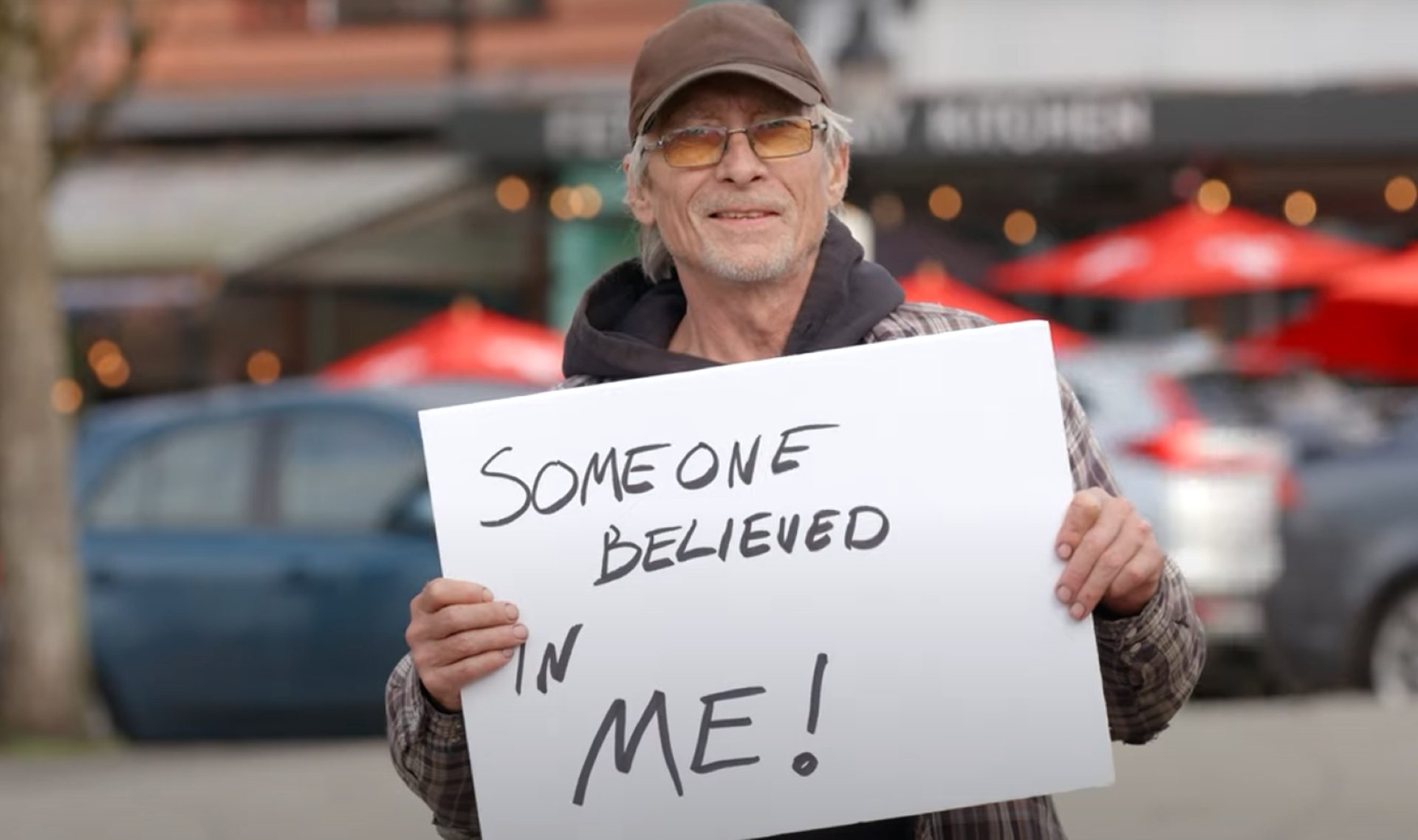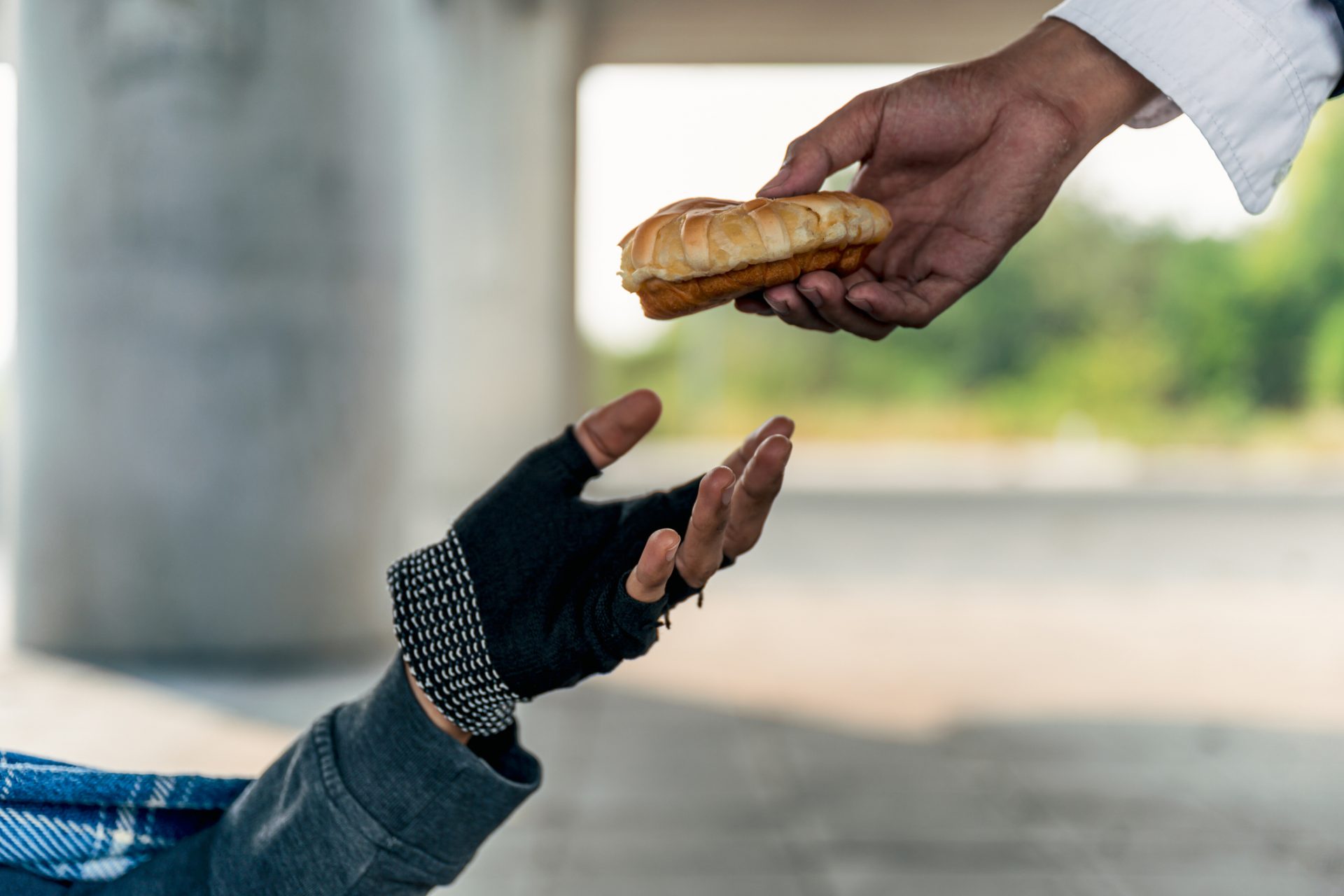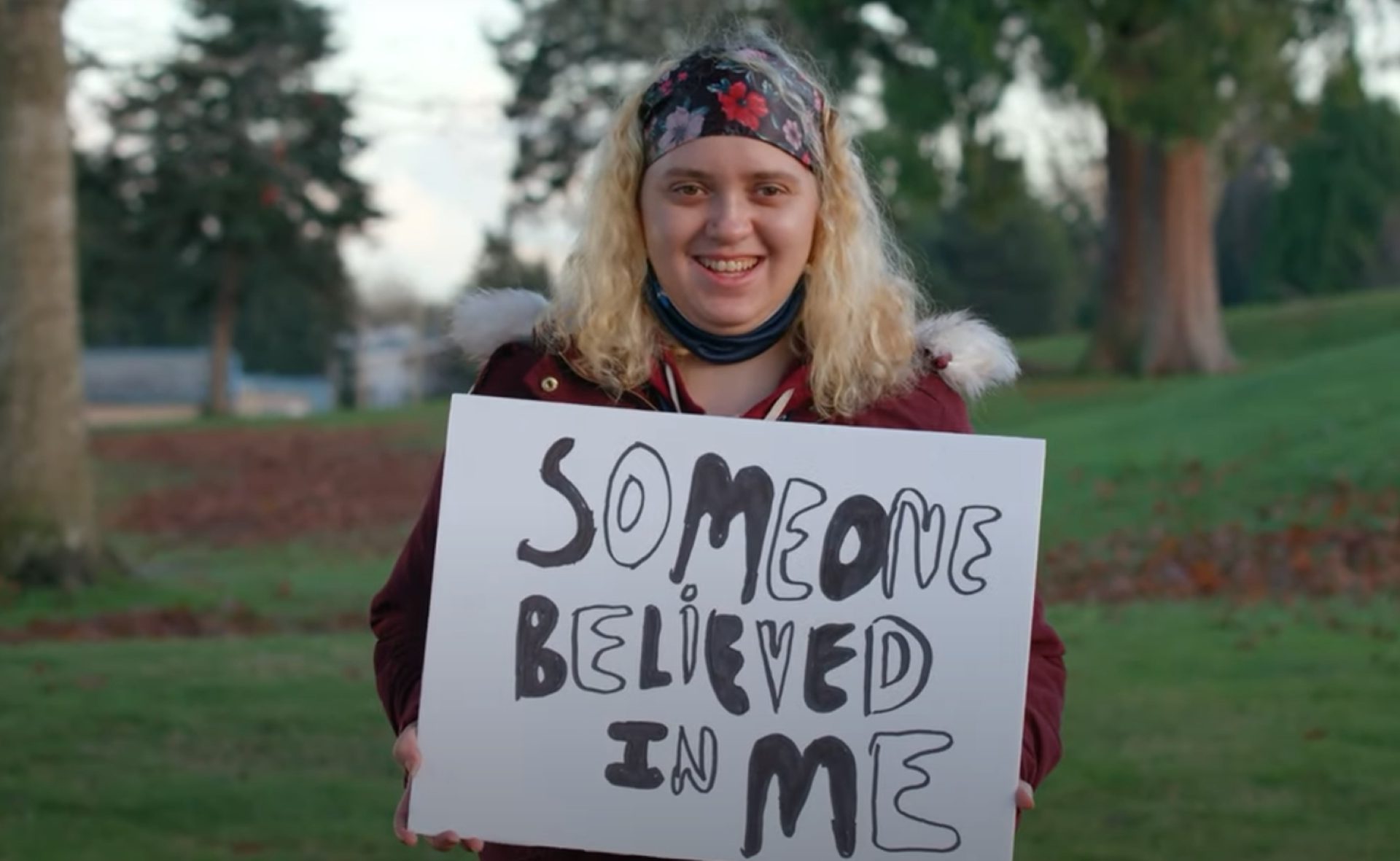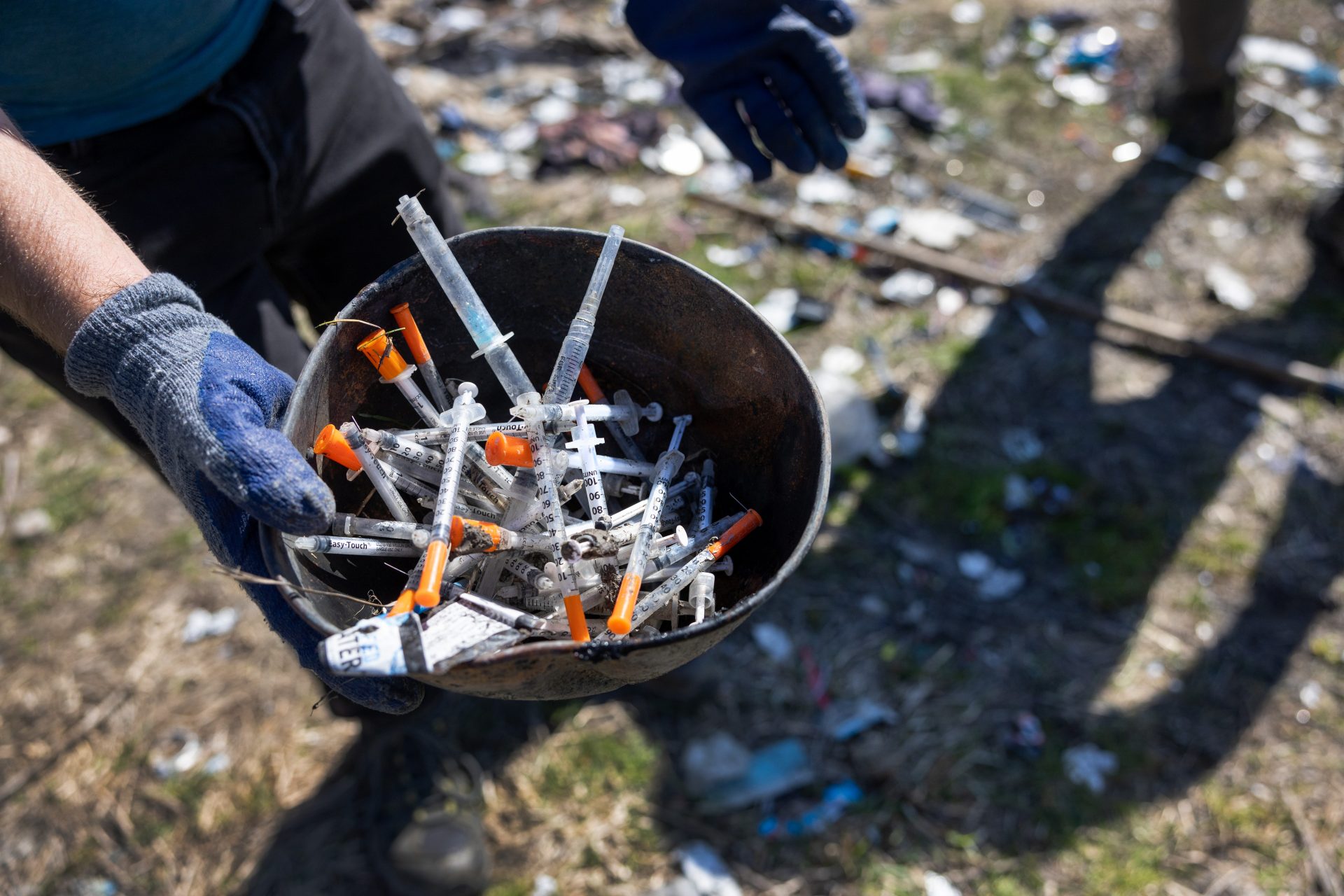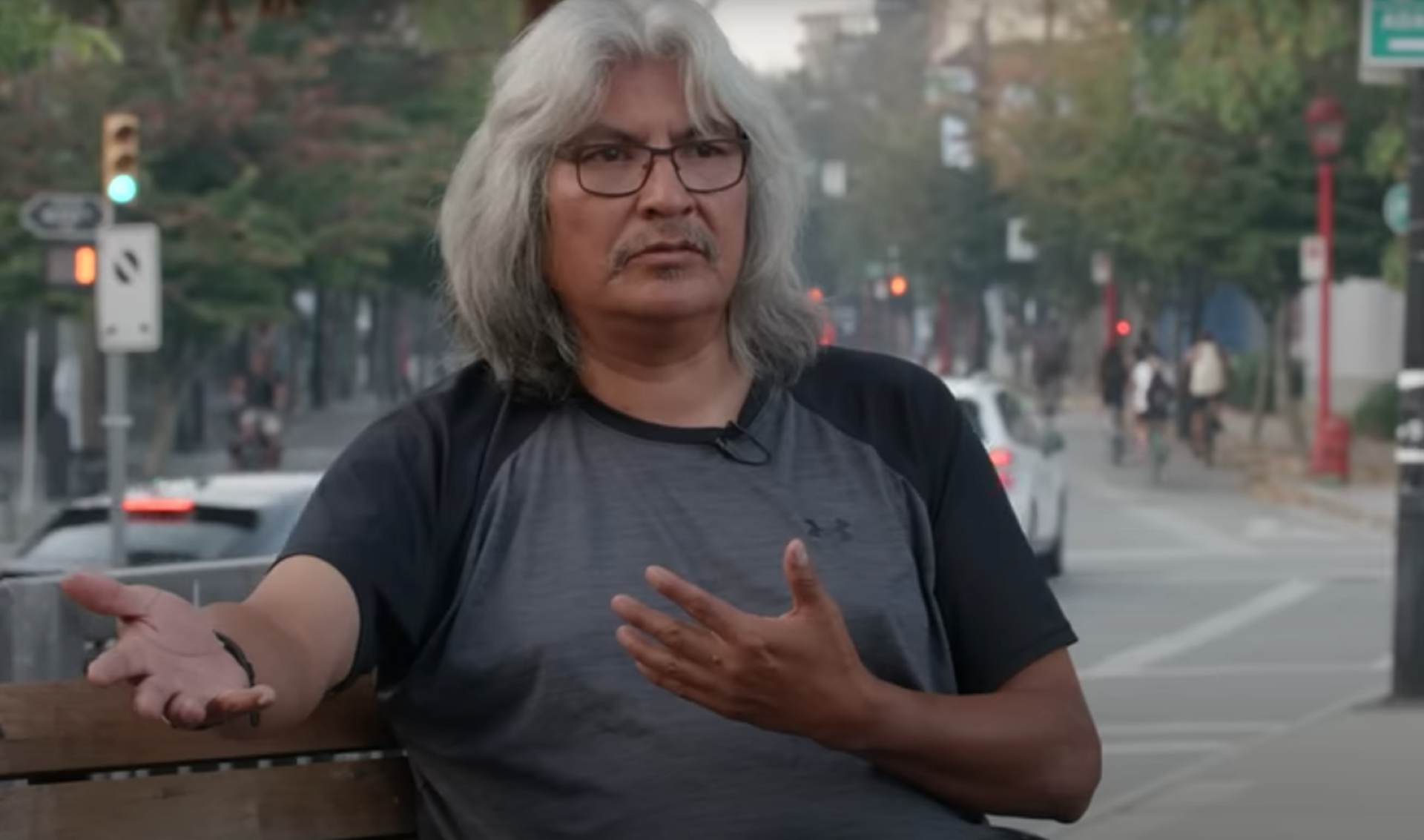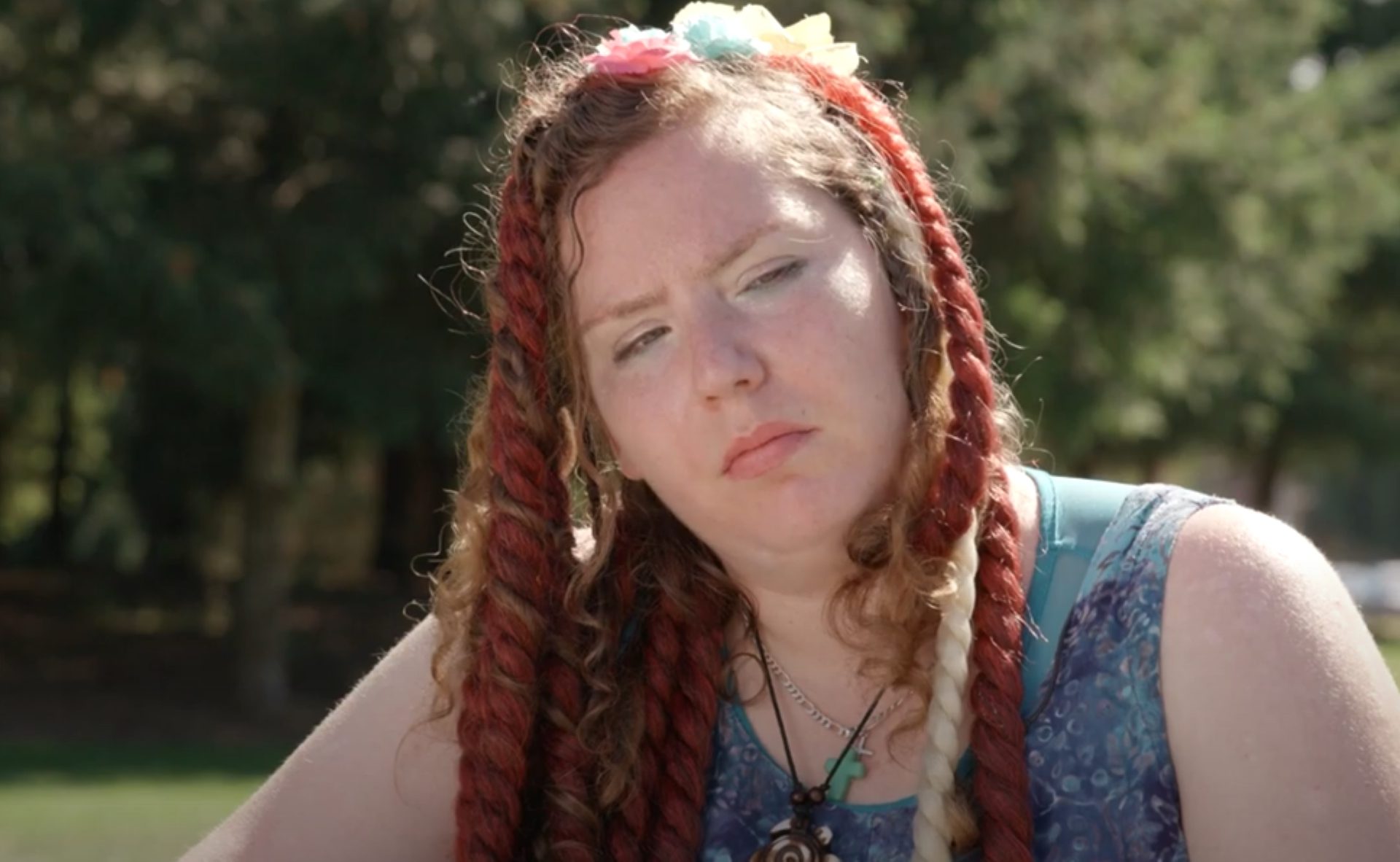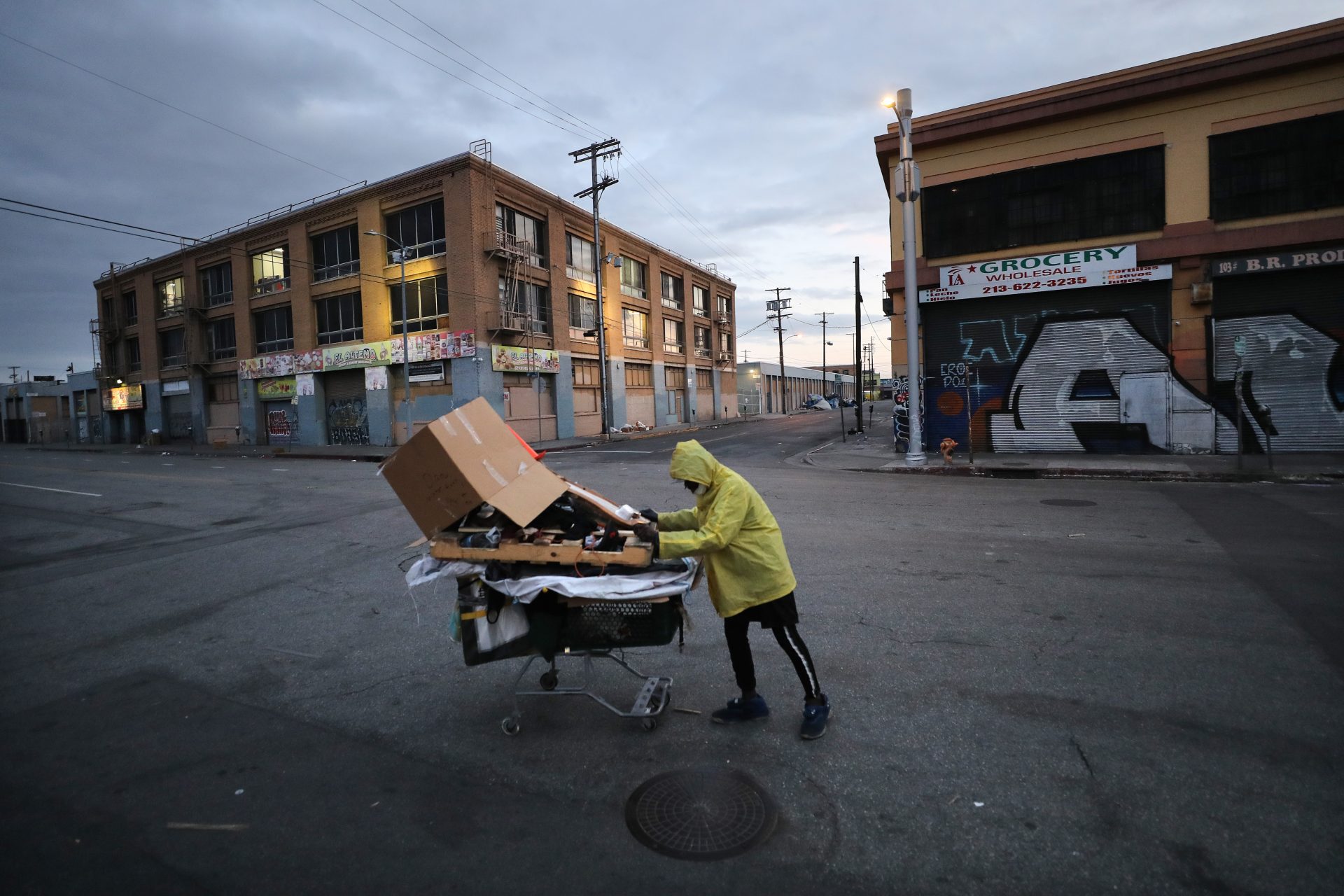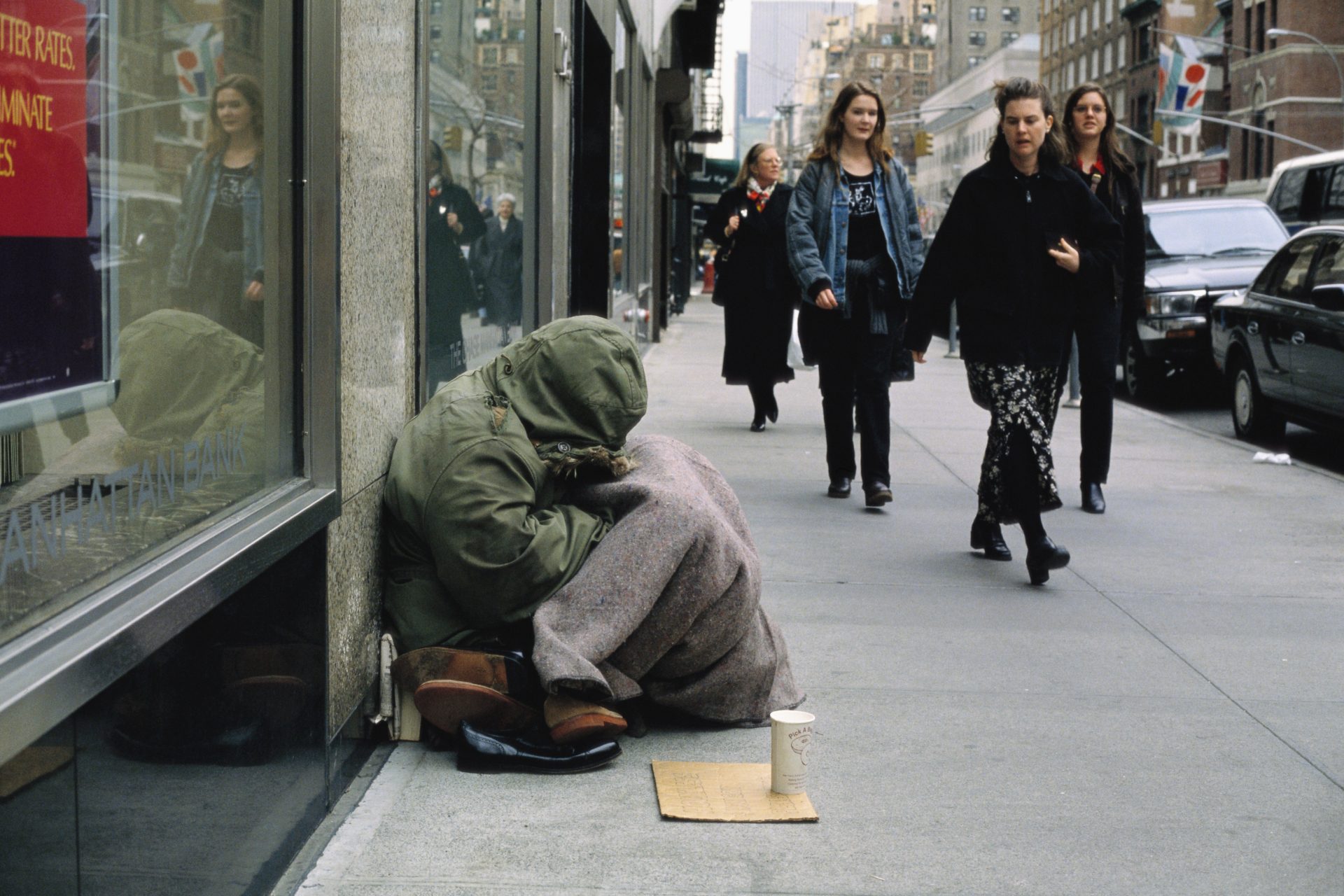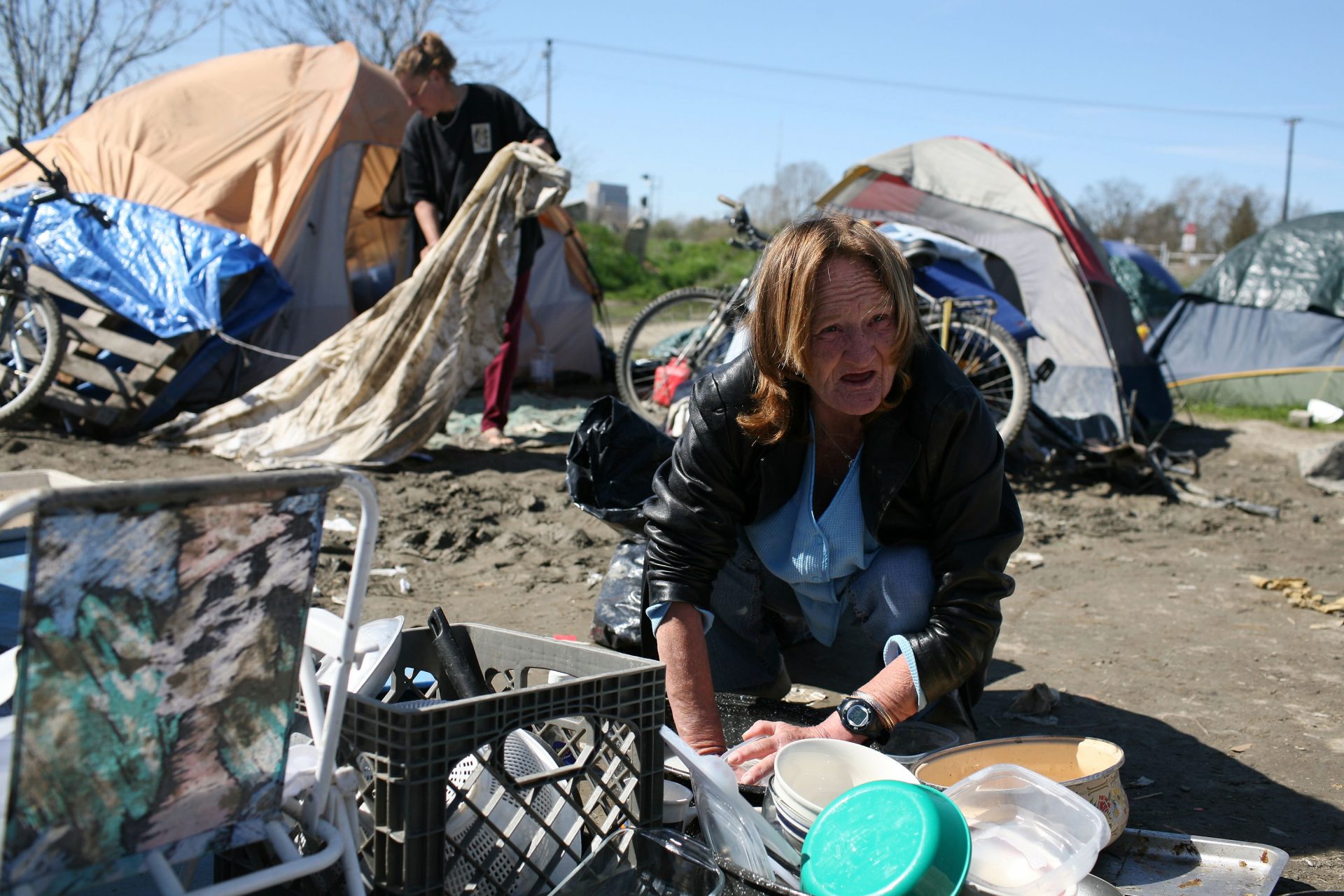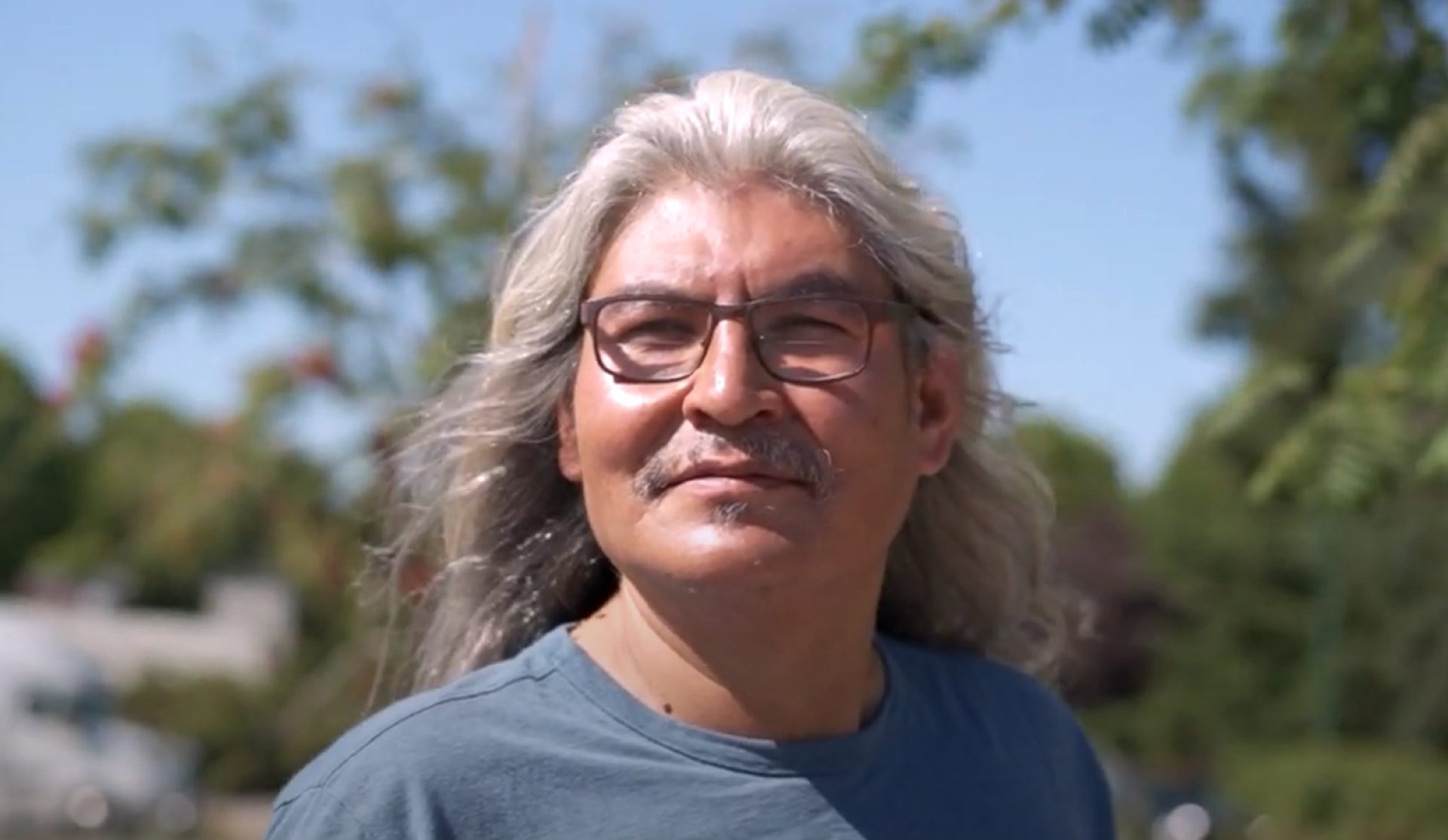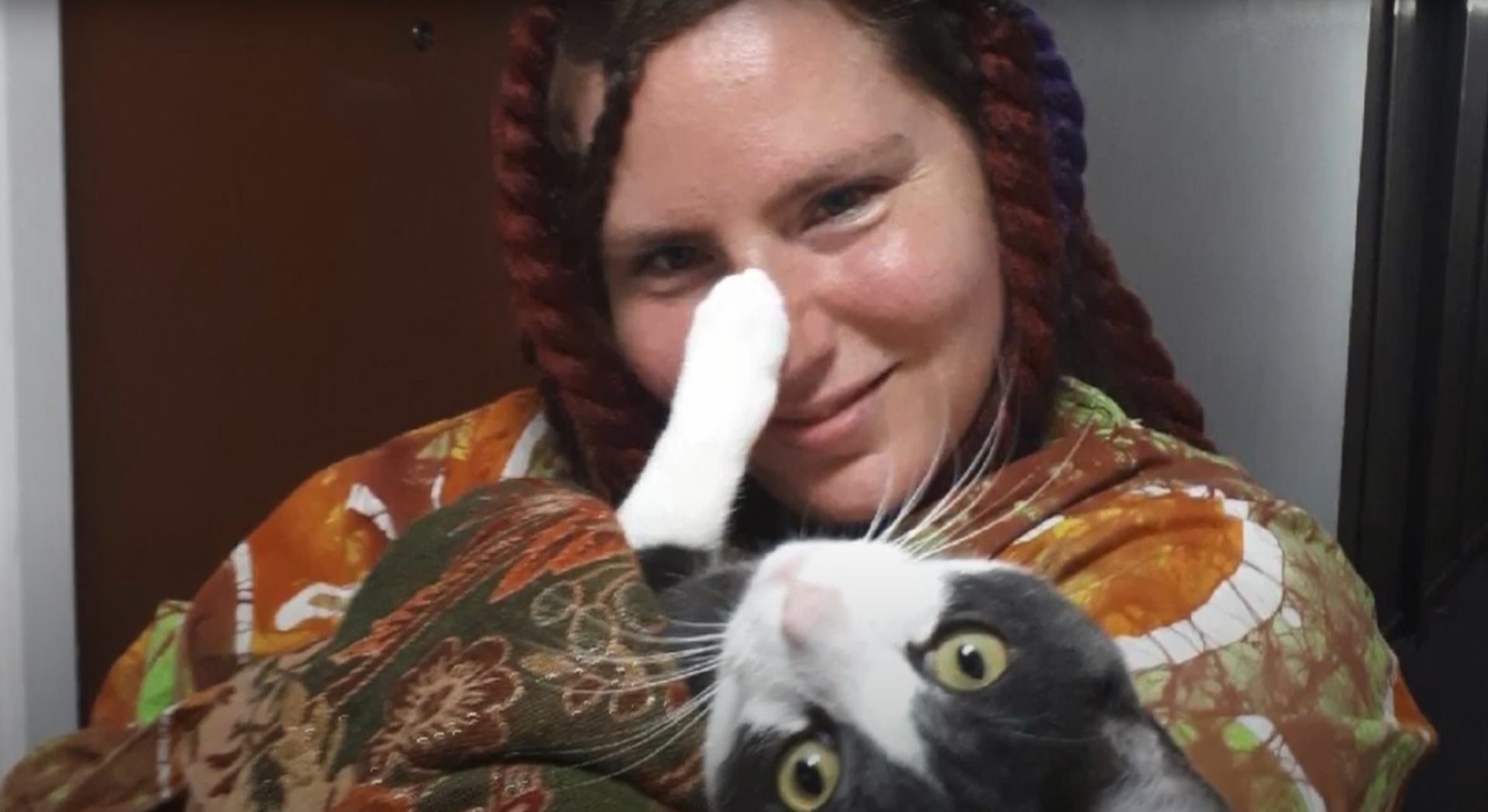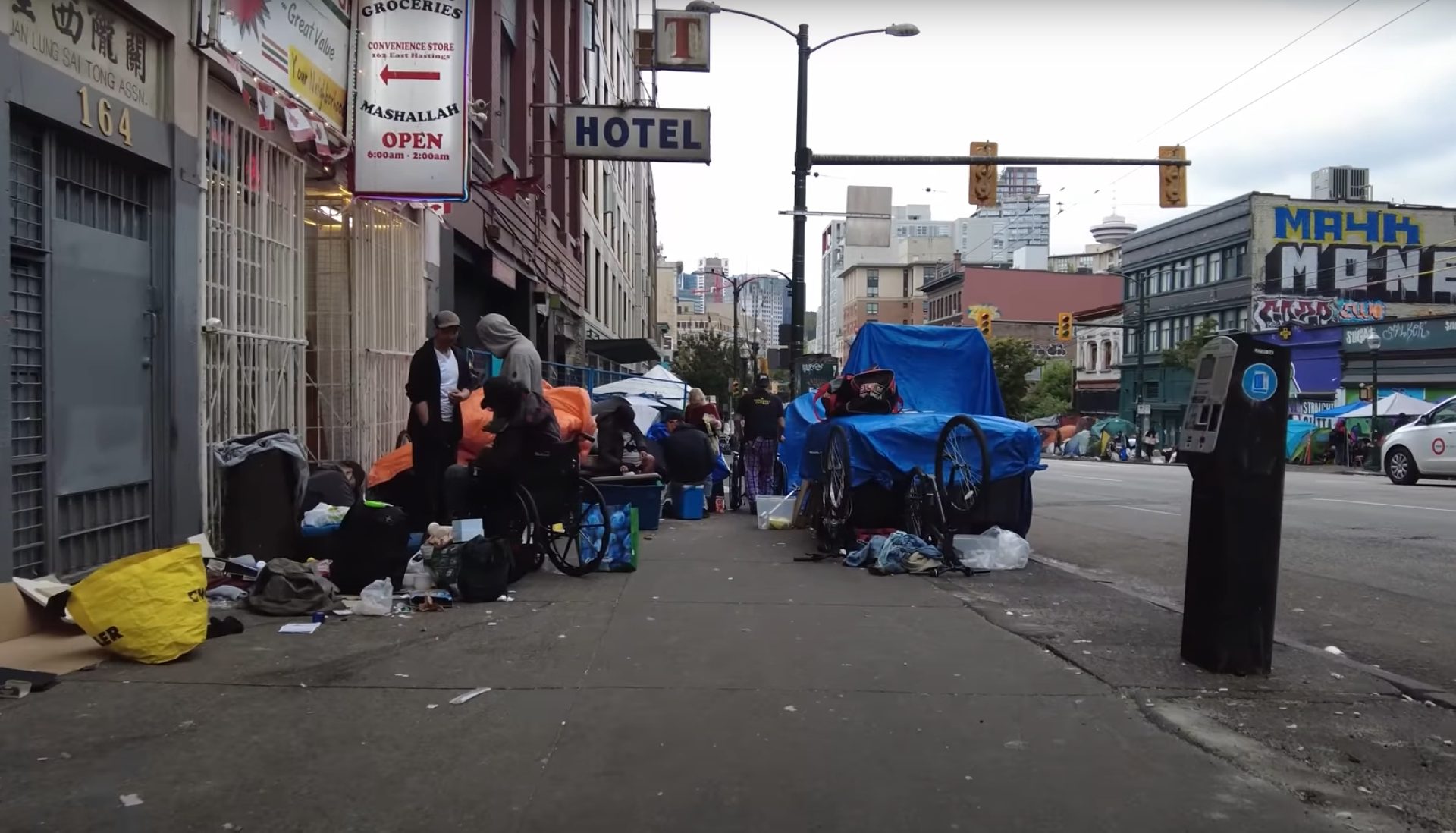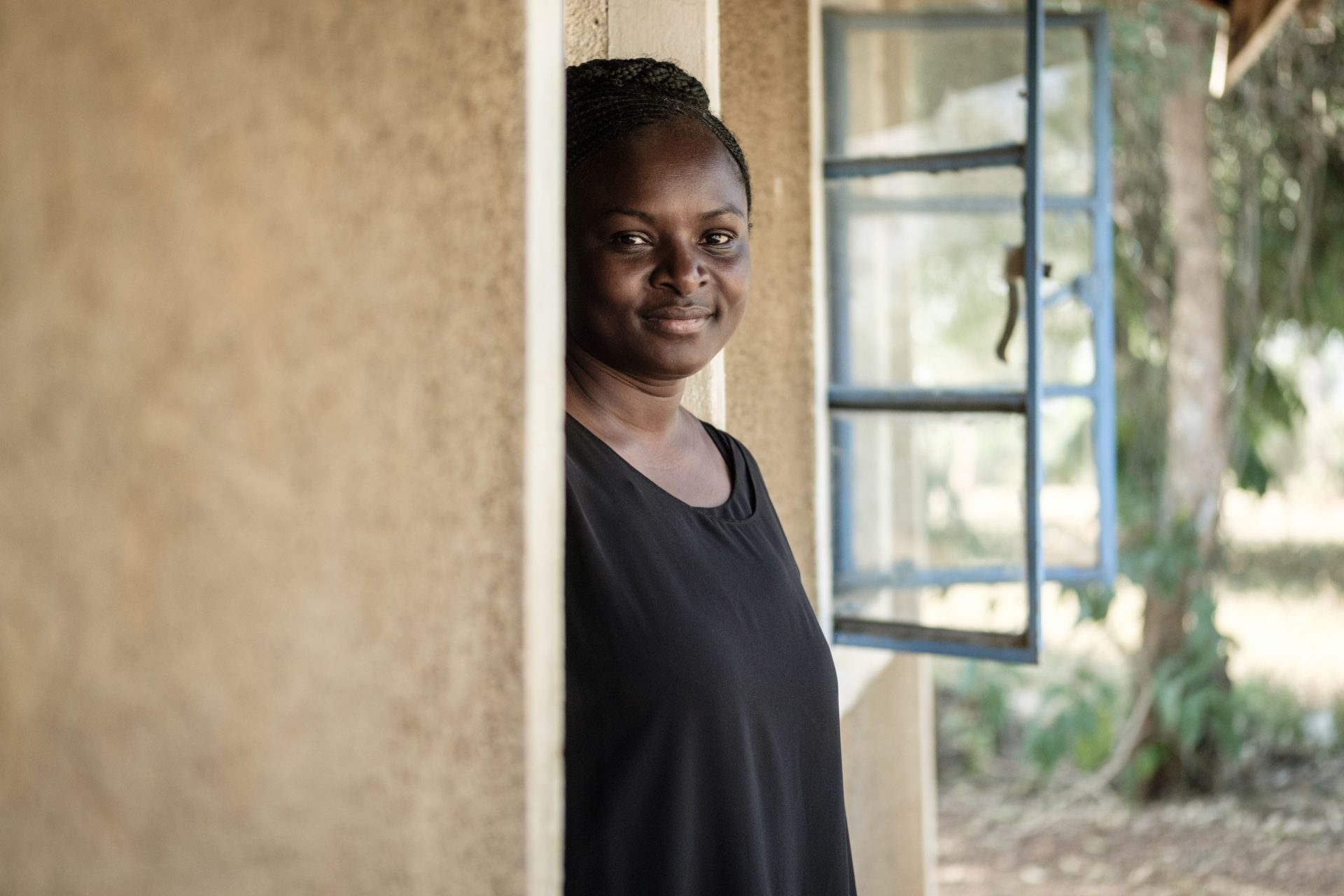Researchers gave homeless people $7,500. Here’s what happened.
One of the main causes of homelessness is a lack of money for a shelter. However, most programs avoid giving people living on the streets a large sum of money in fear that they will not spend it properly.
In Vancouver, Canada, researchers wanted to test the hypothesis that cash transfers could indeed be helpful. They gave 50 individuals experiencing homelessness $7,500 CAD cash transfers and compared that group to a similar group of 65 others who did not receive the cash. Read on to see what happened. They were free to spend the money as they saw fit.
Image: Foundations for Social Change/Youtube
Homelessness is a huge challenge for societies around the world and two in every 100 people are thought to be living without shelter. The life expectancy of someone without a home is 8 to 14 years less than the general population.
In countries like Canada and the US, each person who lives on the street costs societies a lot of money. The estimated average cost of providing health and social services is more than $5,000 per year. But if those people are struggling with mental illness the costs can exceed $55,000 per year in Canada and $83,000 per year in the US. The economic impact on neighborhoods is also significant.
In Vancouver, the cost to stay in a shelter is estimated at $93 CAD per night. The city of 2.5 million is one of the most expensive places to live in Canada, and an estimated 4,000 people live on the streets. Approximately five people become homeless in the city each week. Of them, around 80% have a chronic health issue, 49% have an addiction and 34% suffer from mental illness. Shelters say they are overwhelmed.
Research has found that living in poverty can significantly impair mental health and cognitive function. This can become a vicious cycle, further perpetuating poverty. It goes beyond nutrition or other habits, but the stress of living in poverty alone can consume valuable mental resources. That’s why researchers wanted to see if alleviating poverty with a large cash sum could help break the cycle. On the flip side, other research found larger sums of cash triggers long-term thinking.
To reduce the risk of harm (like overdose), the participants of the study (in both the cash and control groups) were screened for nonsevere levels of drug or alcohol abuse as well as mental health symptoms. Those who got the $7,500 cash all received 1-hour planning workshops every three months and had been homeless for less than two years.
A 2018 report by the government of Canada found that around 25% of homeless people cited drugs or alcohol as a reason for ending up on the streets. Instead of addiction, the strongest connection was found among people who had experienced homelessness in their youth, accounting for around half of those surveyed. The statistics vary across areas, but oftentimes, addiction is a result of homelessness, with substances used as a way to cope, according to the Addiction Center.
Ray was one of the people who qualified for the funding. “At first, I thought it was a little far-fetched — too good to be true,” Ray said. He explained how he fell into homelessness quickly. “I had no real income, and when I did make income, it was to survive.”
Image: Foundations for Social Change/Youtube
She is another person who received the cash transfer. “I felt like I was hopeless; like I was stuck and I couldn’t go any further… but they weren’t about giving me a whole bunch of boundaries. They wanted me to have choices and opportunities,” she said in a video describing her experience.
Image: Foundations for Social Change/Youtube
In parallel, researchers conducted a survey, asking 1,100 people to predict how those who received cash would spend the money. Overall, those asked said people living in homelessness would spend 81% more on tempting goods like alcohol, drugs or tobacco than if they were not homeless. This shows the general mistrust towards this group.
Contrary to what people might think, those who received the cash did NOT increase spending on drugs, tobacco or booze. Instead, they spent more on food, clothes and rent. They were able to find stable housing faster and ended up more financially secure a year later than those in the control group.
Over the year, the people who received the $7,500 actually used fewer resources aimed to help them than those who did not receive the lump sum payment. Since cash recipients spent 99 fewer days homeless and 55 more days in stable housing, the savings on shelter use alone came to $8,277 on average per participant. Minus $7,500 and you get a $777 savings.
Ray said the money was a major stepping stone that helped put him on track for the rest of his life. He aims to start working with homeless people himself. “I want to give back to where I
came from… I might one day be that important person who has a powerful voice. A seed can grow into an oak tree, right?”
Image: Foundations for Social Change/Youtube
She said she spent the money on clothing, food, and a chiropractor, that she needs. It also allowed her to pay her cat’s vet bill. She said the transfer: “really gave me an opportunity to grow and to dream and move on with my life.”
Image: Foundations for Social Change/Youtube
“The solution to homelessness is housing,” Gary Bloch, a doctor working with low-income patients, told Vox. “Especially in a city like Vancouver where... rents are astronomical, it will be very hard to sustain a homelessness intervention without offering long-term affordable housing. I would not want to see these findings used to take pressure off the critical need to provide both long-term affordable housing and long-term income security.”
Image: Explore Vancouver Canada/Youtube
Researchers aim to conduct larger studies on cash transfers, both with people living in homelessness and other populations like sex workers or those who are freshly out of prison. This study builds on other research that shows how cash payments in other contexts, such as in countries like Kenya, Zambia, and Pakistan can be beneficial to both individuals and societies.
More for you
Top Stories



